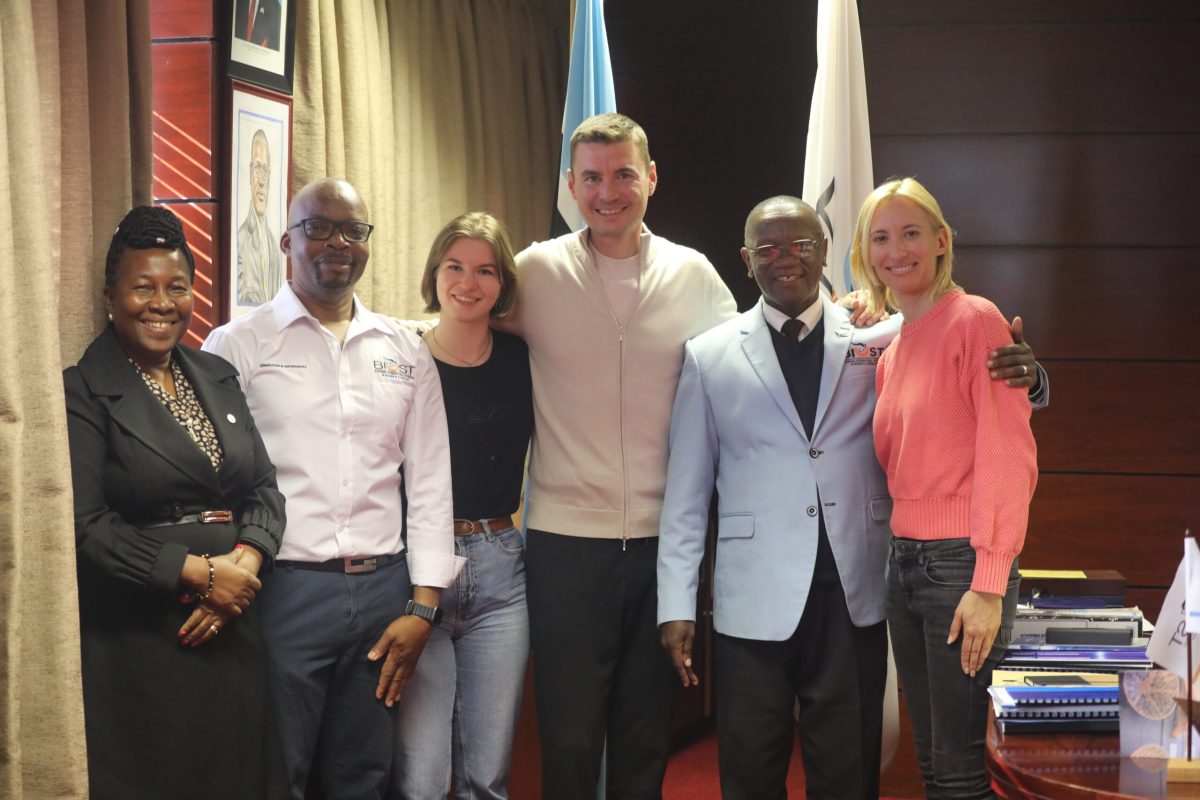TAMPA, Fla. — European cubesat specialist EnduroSat announced plans July 3 to build Botswana’s first satellite in partnership with a university from the landlocked country in Southern Africa.
EnduroSat said engineers from Botswana International University of Science and Technology (BIUST) are joining the manufacturer’s team in Bulgaria to help make Botsat-1, based on a three-unit (3U) standard cubesat measuring 30 centimeters on each side.
Booked on SpaceX’s Transporter-13 rideshare mission slated to launch no earlier than February, Botsat-1 would have a hyperspectral sensor to gather ground composition data to support mining and agriculture businesses in the country.
Botswana is the world’s top producer of diamonds by value, according to the U.S. government’s International Trade Association, and the sector accounts for just under a third of the country’s gross domestic product.
However, a decline in the global market for rough diamonds is pushing Botswana to diversify its economy.
EnduroSat said Botsat-1 will provide the data decision-makers in Botswana need for long-term planning and investments. Credit: EnduroSat
Botswana’s government is funding Botsat-1, which EnduroSat said is part of a broader goal to build out a space hub in the country. The Bulgarian company said the hub would leverage its Space Engineering & Technology qualification program that is due to kick off in October but did not provide more details.
Engineers from BIUST are due to help complete Botsat-1’s assembly and payload integration in Sofia, Bulgaria’s capital. BIUST would also operate the satellite from within Botswana via mission operations software EnduroSat has developed.
“This partnership brings us closer to realizing our shared vision and underscores the strength of our mutual commitment to advancing space technology in Botswana,” BIUST vice chancellor Otlogetswe Totolo said in a statement.
EnduroSat deployed its first satellite in 2018 and says it has delivered 60 spacecraft to date.
The plan for Botsat-1 comes as increasingly affordable and flexible satellites enable a broader spectrum of countries to join a space community previously accessible primarily to wealthier nations.
An inaugural satellite for Senegal space agency is slated to launch later this month as part of SpaceX’s Transporter-11 rideshare mission.
